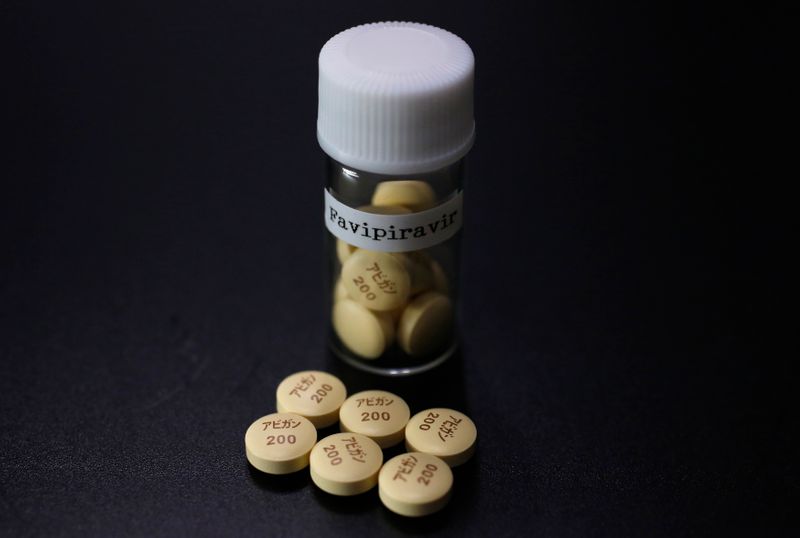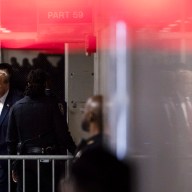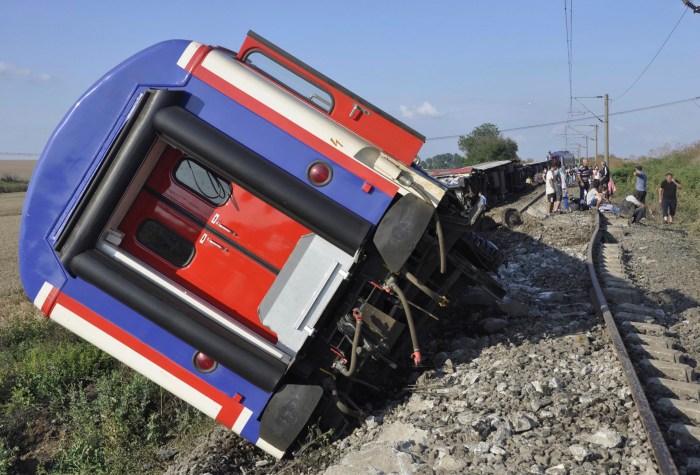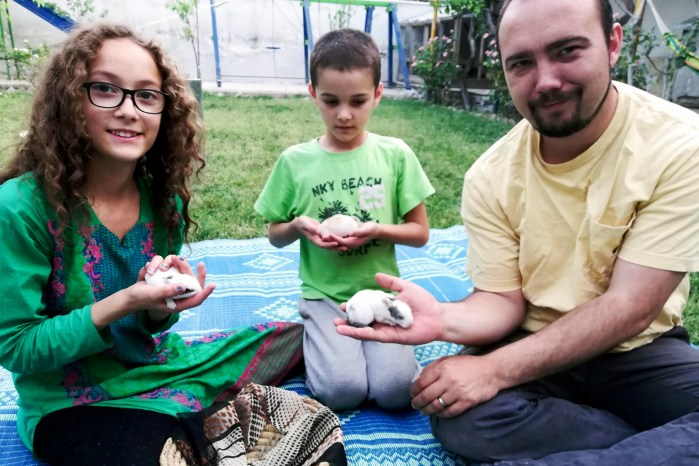TOKYO (Reuters) – The Japanese Health Ministry said on Monday its medical review board concluded that clinical trial data to determine the efficacy of Fujifilm Holdings Corp’s COVID-19 drug candidate Avigan is inconclusive.
The review board will re-examine Avigan’s effectiveness once additional data is submitted, the ministry said.
Fujifilm has been seeking approval for its antiviral drug Avigan as a treatment for COVID-19 in Japan since October after its late-stage study showed faster recovery time for patients with non-severe symptoms.
A health ministry official did not elaborate reasons for the decision at a media briefing, but said one of the major topics at the review board meeting was the fact that clinical trial data submitted was acquired in so-called single-blinded tests.
In a single-blinded clinical trial, doctors know whether patients are given an actual drug or a placebo, and the results of such trials tend to be less objective than those of double-blinded tests, in which neither doctors nor patients have such knowledge, the official said.
Fujifilm finds it very regrettable that the board decided to continue its review, and it plans to work toward early approval, the company said in a statement.
Japan has already approved Avigan, known generically as favipiravir, as an emergency flu medicine. But concerns remain as the drug has been shown to cause birth defects in animal studies.
Though Japan has seen far fewer coronavirus cases than many Western countries, new infections have been on the rise, hitting record highs in recent days.
Japan has reported a total of 201,048 infections and 2,965 deaths from the respiratory disease since the outbreak began early this year, according to public broadcaster NHK.
(Reporting by Kiyoshi Takenaka, editing by Louise Heavens and Steve Orlofsky)



















